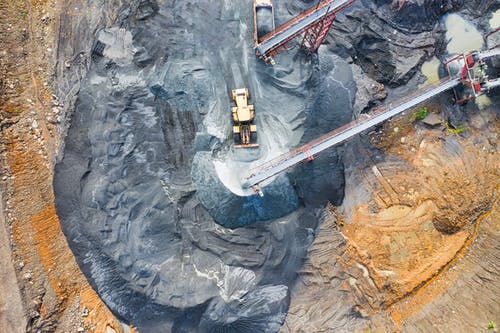The question of price is foremost on the minds of mineral rights owners. And it is understandable, considering that they want to get the most value out of their property. A lot of them want to get rid of their rights, especially if it is not producing any benefit.
Unfortunately, there is no single formula to come up with a fair value for your Texas mineral rights. But there are third-party vetting companies out there that will conduct a valuation of your property to determine how much you should get. They will also connect you to the right buyer that will match your asking price based on the valuation.
According to the Railroad Commission of Texas, 16 total discoveries were there for oil and gas in 2019, which is down from 23 in 2018. There were also 9,238 oil and gas completions, which means they are being readied for production. For the same period, companies also plugged 5,046 holes.
Current Market Value versus Projected Value
Homeowners often make the mistake of increasing the price of the property when they know that it has oil or gas in it. However, the buyer will make an offer based on the current value of your property. The buyer takes on all the risks.
What if, after mining, the actual volume of minerals in your property does not match the projected amount? The company will end up holding an empty bag. They cannot force you to give back the money they paid for your mineral rights. On the flip side, their gamble might work and earn more than the agreed price.
Should You Sell Your Mineral Rights?
Of course, it is all up to you. However, you should know that your Texas mineral rights will decrease in value as days pass by. For instance, if the property is 100% named after you, you theoretically own all the rights. You may have plans of passing it down to your heirs, but this might not be a good idea. For instance, if you have three children, they now own a third of the value each. When they pass on the property to their children, the rights deplete in value even more.
The industry term is fractionalization – when the value of the rights breaks down into smaller pieces until it drops to zero. In theory, they can all agree to sell the mineral rights to an interested buyer. But then again, there would be a lot of moving pieces, and so you need all the stars to align to draw up the agreement.
It is much better to sell now when you have control over your property and the ensuing negotiations. As a result, you get the most value from your mineral rights. If you plan on leaving something for your children, then you can always use the money and deposit it equally to their respective accounts.
What you should know, however, is that you are simply selling the rights to another company. They do not have perpetual ownership as the contract has a lifespan. You have the option of renewing, extending, or increasing the rentals. Mining companies have no interest in your property, but what is underneath it. At the end of the day, the ownership will be reverted to your children in the future.











